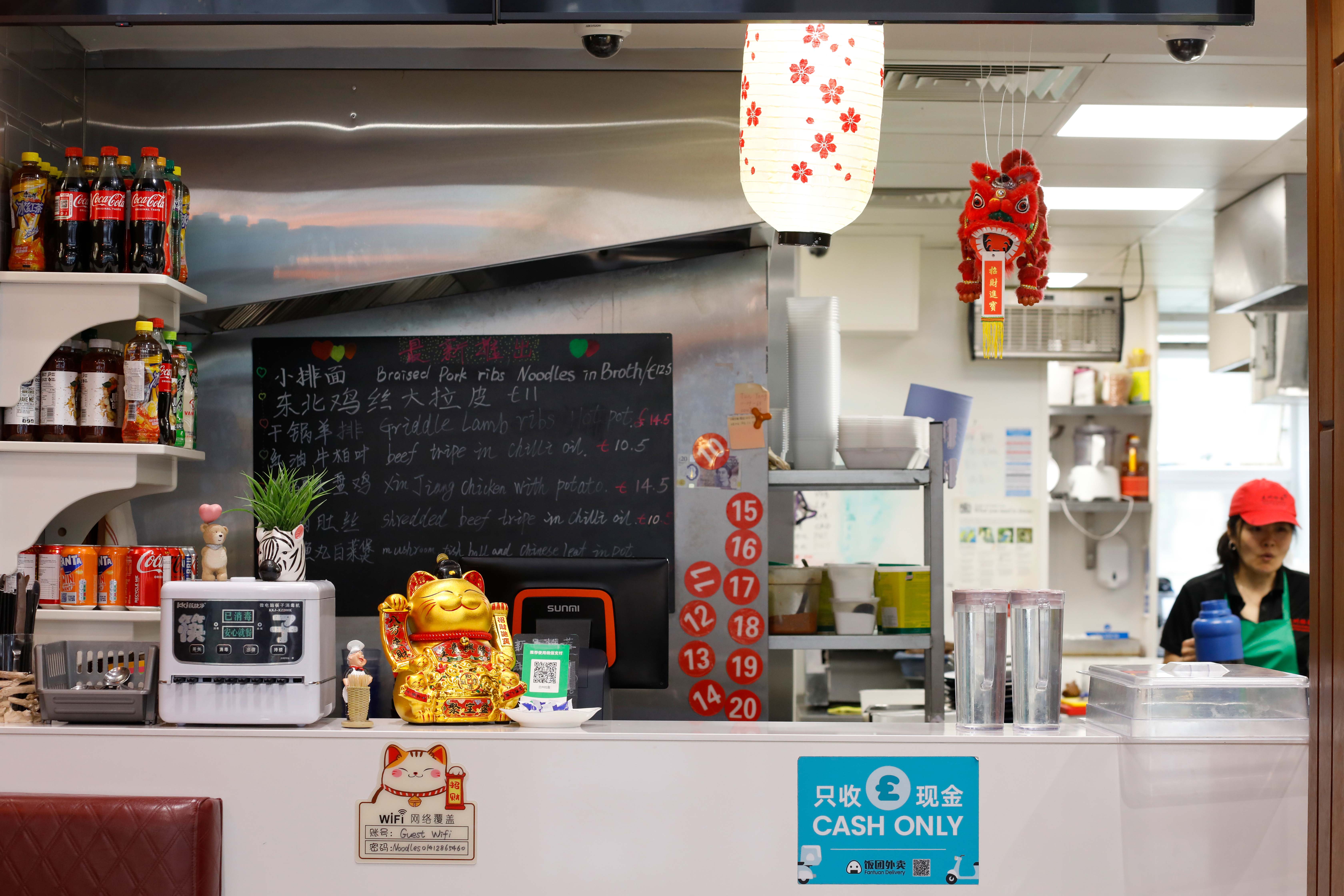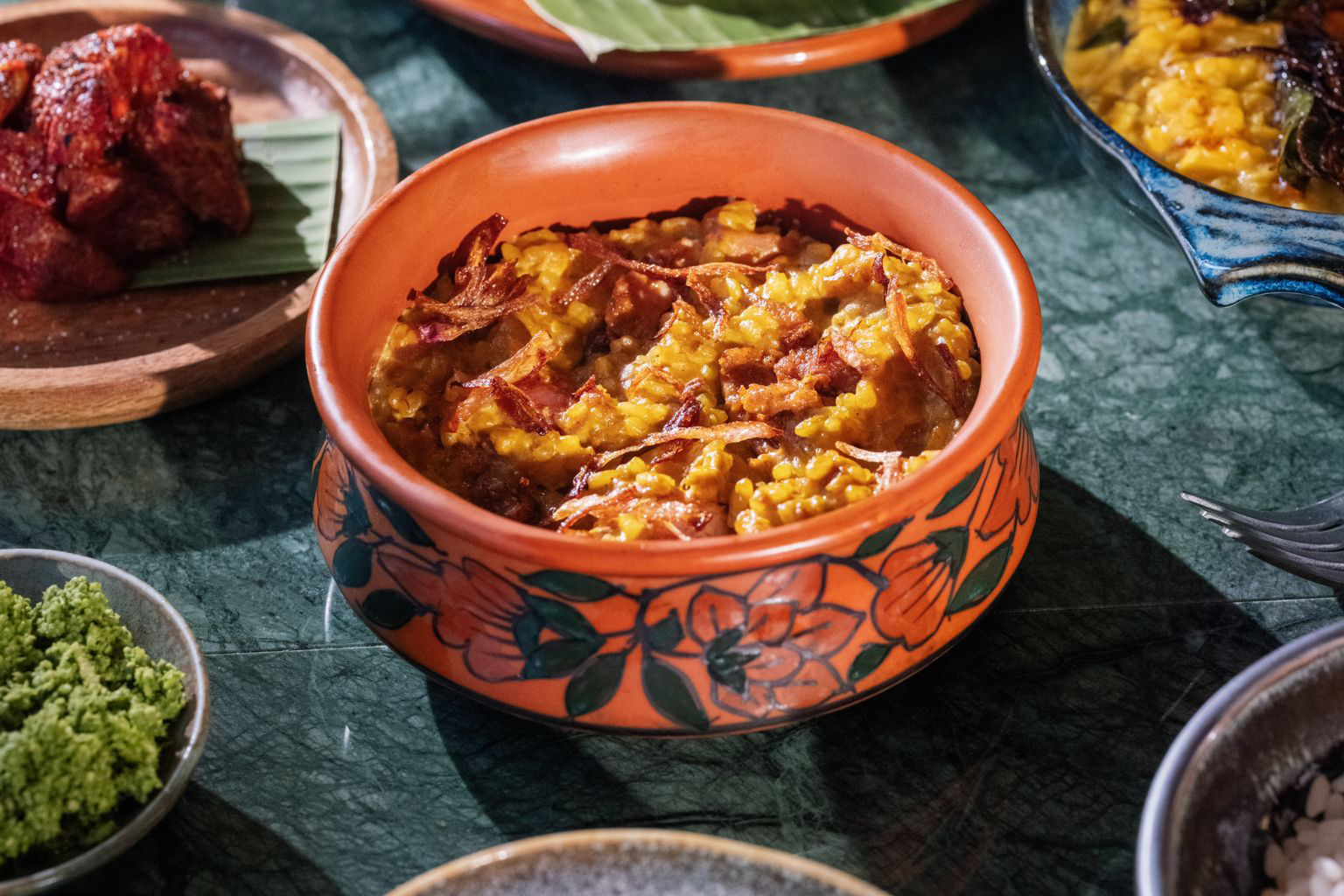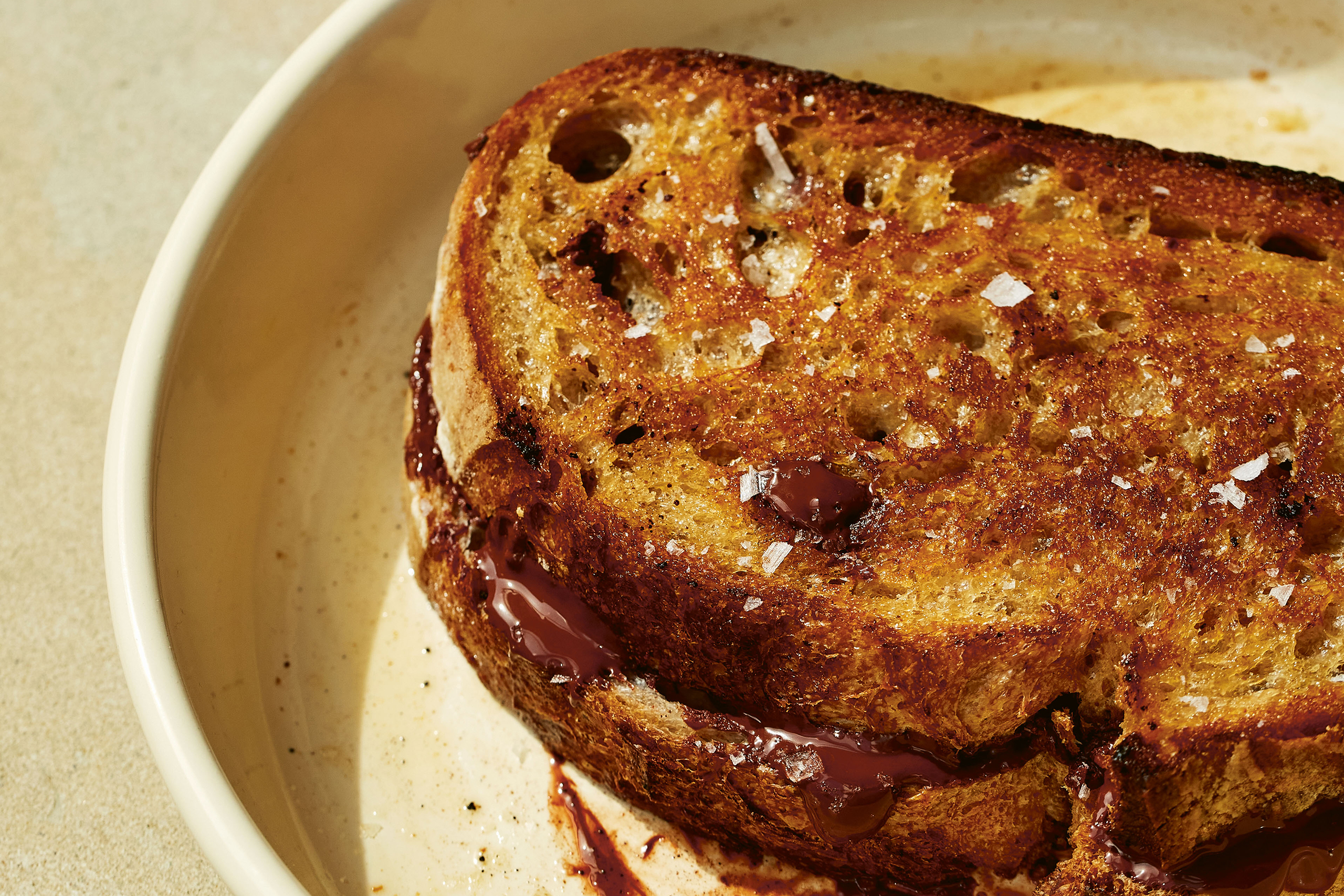Photography by Katherine Anne Rose
Glasgow’s food scene has always benefited from new arrivals: Jewish, Italian, Bangladeshi, some of whom came on the once mighty River Clyde, which runs through the city. Most recently, there has been an explosion of east Asian eateries, a welcome result of the presence of 6,000 students from China at Glasgow university alone in the heart of the West End.
A cluster of halls of residence, home to young Chinese undergraduates by Dumbarton Road, a stone’s throw from where once you could hear the ringing sound of riveters working in the shipyards on the Clyde, has encouraged all manner of east Asian food, from hole-in-the-wall joints serving steaming hot dim sum, to a restaurant specialising in the most delicious duck. Many Chinese students take cooking very seriously, not least because they arrive with low expectations of “British” fare. But local shops have stepped up, too. Fish Plaice in particular, whose catchline is “Want fresher fish? Buy a boat”, has become more adventurous in response to the students’ requests: now, alongside the haddock, salmon and scallops, is golden pomfret, tilapia and carp, and a chalk-board menu in Mandarin.
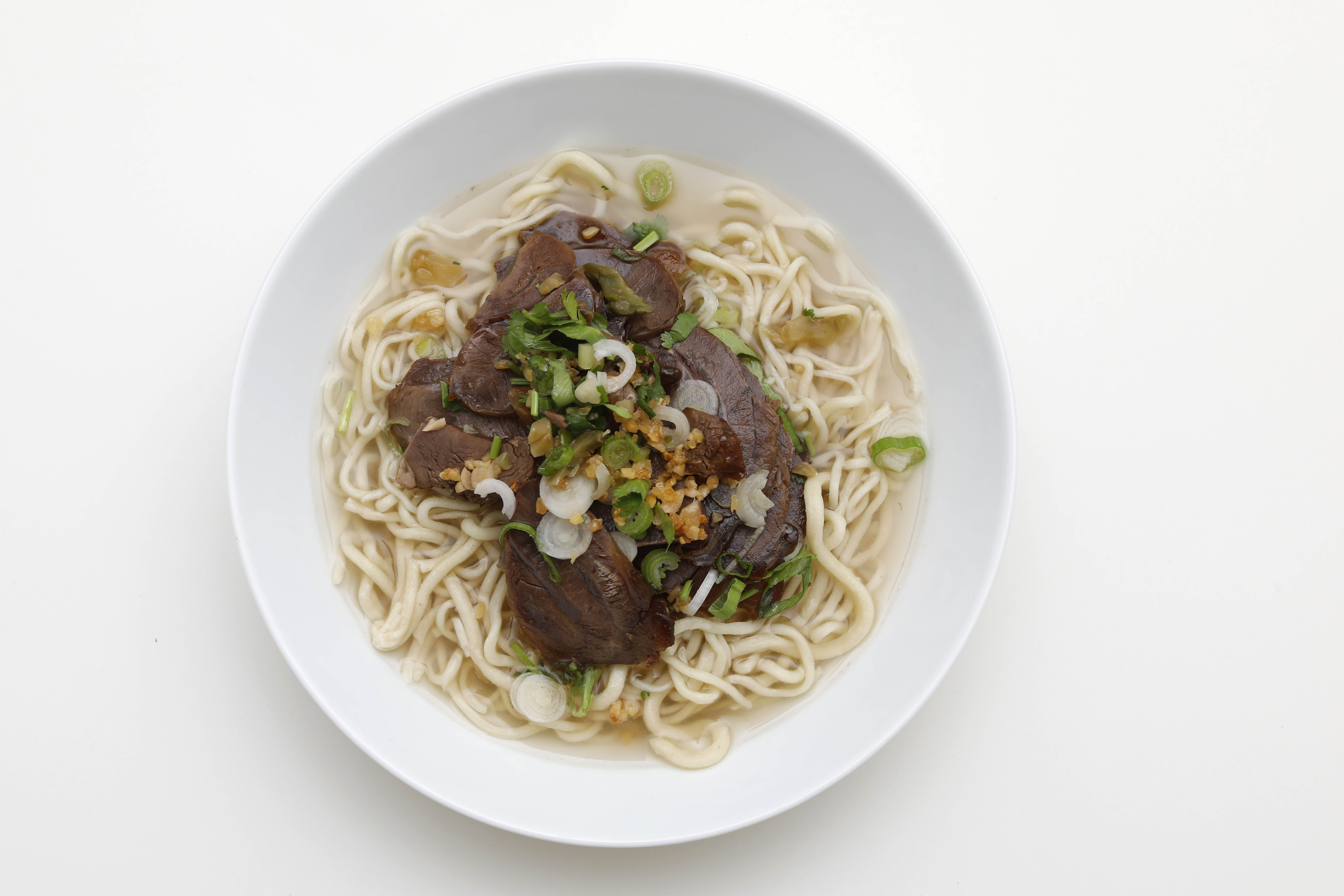
‘Noodles that soaked up the garlic-infused broth perfectly’: garlic sliced beef noodles in broth
A colleague of mine who regularly hosts Chinese students tells me they shake their heads at the idea of eating just a single dish at a meal, rather than an array of food to be shared communally, so it is no surprise they are so discerning about ingredients, and it’s a joy to see them, often arm in arm, exploring the city, finding their way to the best butchers in search of good offal, fish, and fruit and veg, and Glaswegians, too, get to benefit from new Chinese supermarkets. (A caveat: our top-notch fish and chips are a favourite with all incomers.)
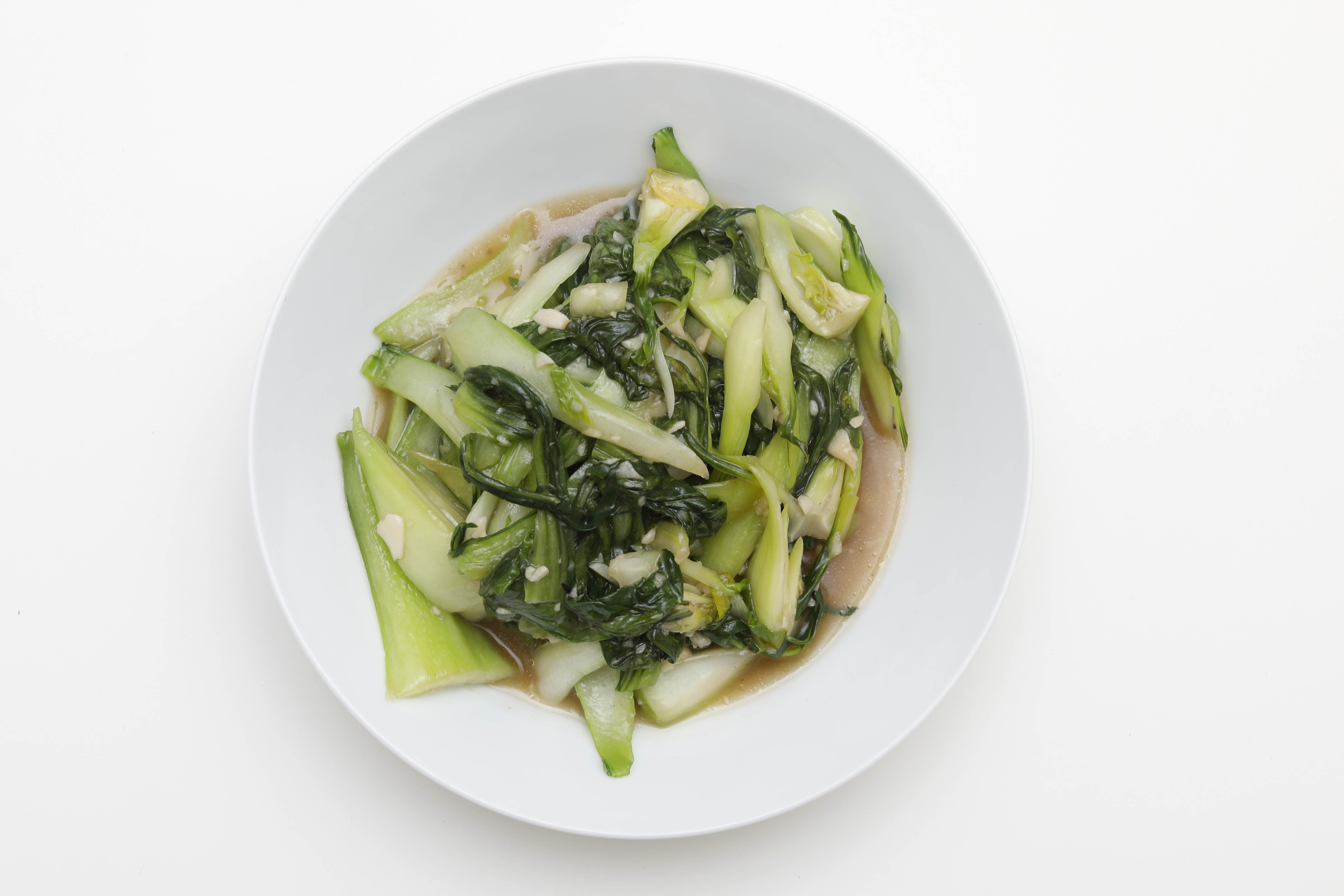
‘Crisp, lightly steamed’: garlic bok choi
One especially popular restaurant by the university is Noodles & Dumplings, which relocated from the city centre two years ago, and it has paid off. It’s a simple, welcoming space, full of bright colours, some Chinese neon toys and shining Formica tables. Waiting to order at the counter in front of the open kitchen (note, it’s cash only) you witness the preparation of the freshest of food, and a daily show, not to be missed, is the sight of one of the chefs delivering a masterclass in the art of stretching, twirling and teasing homemade noodles into soft skeins, as long as skipping ropes. It’s reputedly one of very few restaurants in the city that makes fresh noodles, a process you can watch on Instagram. There’s a great amount of activity in the kitchen, the scent of rich broth wafts around from the Chengdu steampot, colanders of bright green bok choi and broccoli await on the side. The menu boasts dishes such as braised pork with potato and wide vermicelli, shredded beef tripe in chilli oil, tofu with preserved egg, and cucumber with noodles in sesame sauce.
At this point we realised that what was still to arrive was a feast in itself
At this point we realised that what was still to arrive was a feast in itself
It has a busy, happy atmosphere, a studenty crowd sitting tightly in booths, Chinese and other east Asians, an array of nationalities. One young Scottish woman I spoke to, who turned out to be a chef in one of Glasgow’s coolest restaurants, told me she comes for the noodles above all else. But the “all else” is the most delicious, super-fresh, zesty food, pungent with garlic, sesame and chilli, served with some speed and little fanfare. The food is halal, and the beverage offering is soft drinks only, so no lingering over Tsingtao beer or Shaoxing rice wine.
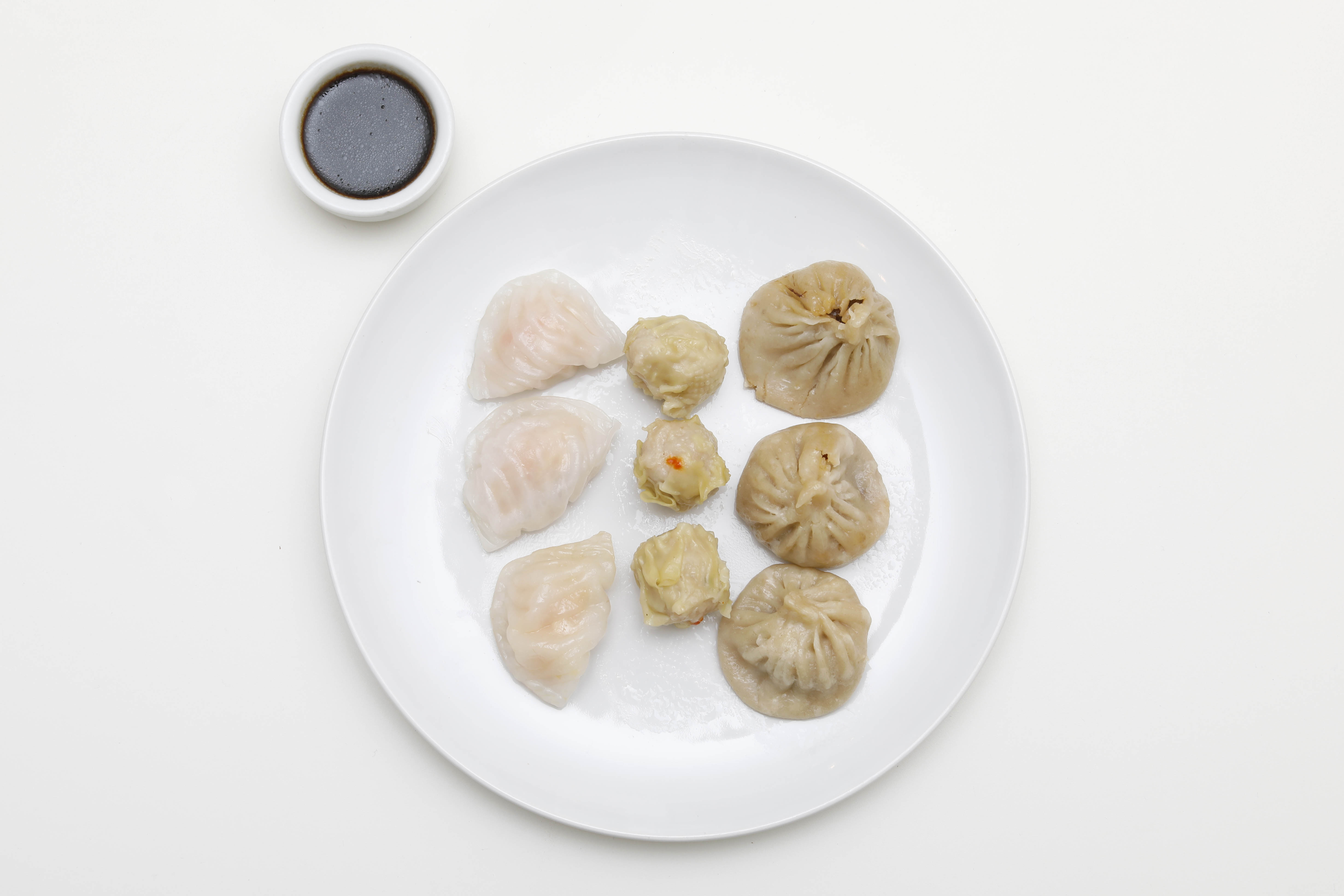
‘Perfect super-light parcels’: steamed dim sum
We over-ordered, naturally, slightly carried away by the buzz of it all. First came garlic-sliced beef noodles in broth, tender thin-cut meat married with noodles that soaked up the garlic-infused broth perfectly. Then came lamb ribs with cumin spice, little pieces of lamb on the bone in a silky rich tomato sauce. From the selection of minced garlic greens we chose crisp, lightly steamed bok choi, and from a purely aesthetic point of view the three dishes looked as well together as they tasted. Alongside this we enjoyed a selection of steamed dim sum, perfect super-light parcels of variously prawn, beef and pork, which looked like delicate tiny lanterns.
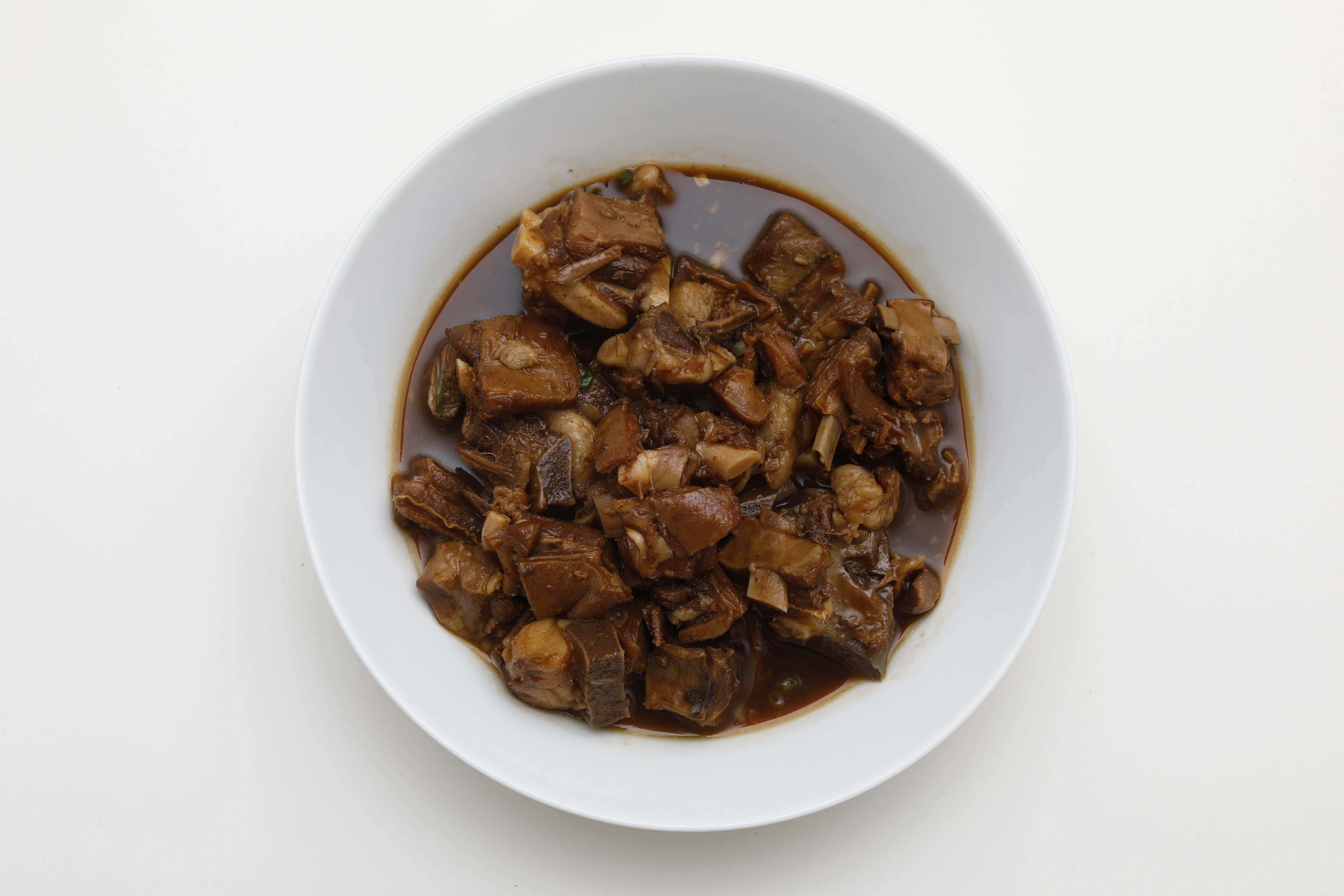
‘Silky rich’: lamb ribs with cumin spice
It was at this point, with our taste buds still fully firing, but almost replete, we realised that what was still to arrive was a feast in itself. We had ordered the aforementioned steampot, for three people, Standard Maocai – two meat and four vegetables – and had chosen a conservative medium spicy. This was Szechuan cooking at its best – a rich aroma rose around the white fish and beef in broth. It was a delicious dish too far. Luckily, Noodles & Dumplings does take-home boxes.
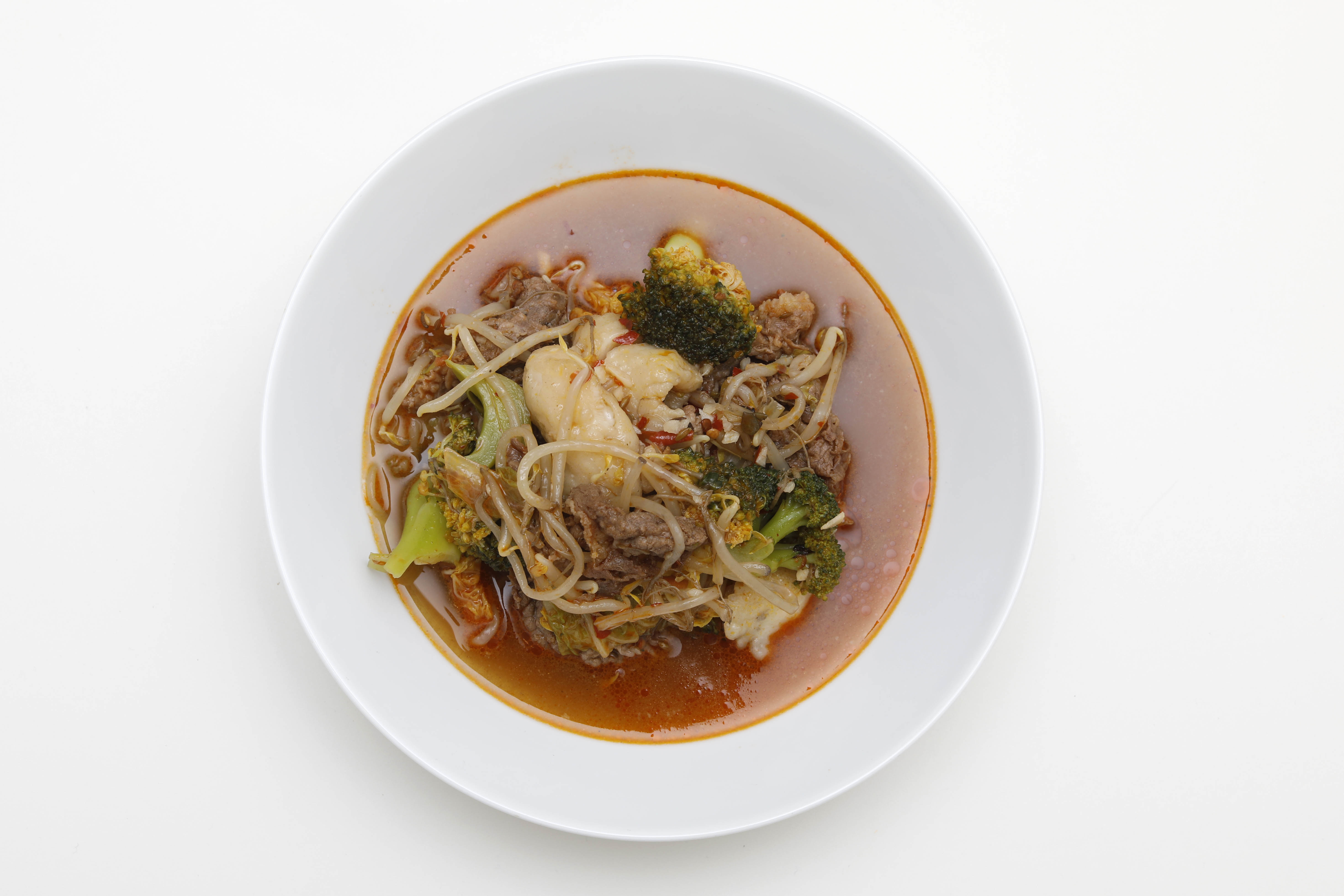
‘Szechuan cooking at its best’: the Standard Maocai (steampot)
My colleague also told me that while the students are taught English before they travel from China, they find Scottish accents somewhat impenetrable. So, in order to help them acclimatise, he puts on what he calls “international ceilidhs” in a lovely venue, Oran Mohr, a former church at the top of Byres Road. The students are happy to get into the swing of things – perhaps “a crazy riot is a better description”, as a caller ostensibly guides them through steps which, frankly, even those of us who have grown up with ceilidh dancing still find challenging.
Glasgow, through word of mouth, is one of the most popular destinations for Chinese students. For some reason, that makes me inordinately happy to hear. It’s a big financial commitment for their families and a financial gain for Glasgow, and it is important that they feel welcome. Most come for the duration of their degrees, but the stories they take home of their time in this beautiful, dear green place, will hopefully last a lot longer.
Newsletters
Choose the newsletters you want to receive
View more
For information about how The Observer protects your data, read our Privacy Policy
Noodles & Dumplings, 23-25 Gibson St, Glasgow G12 8NU (074 66 03 2326). Noodles from £9.20; Dim sum from £9; Steampot (serves 2 to 3) from £23; Soft drinks from £1.80
